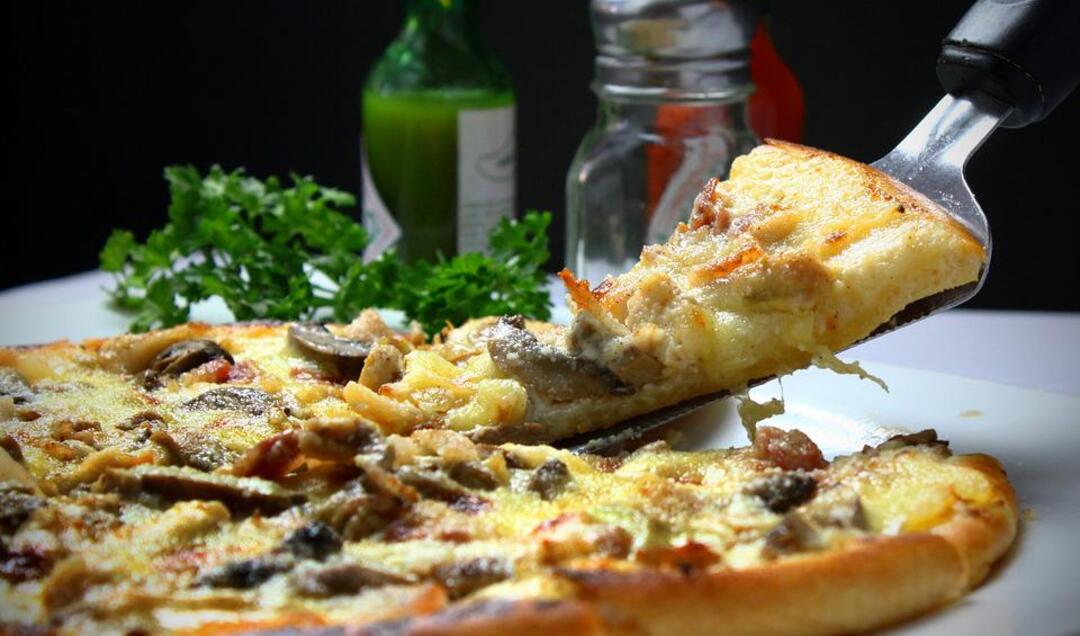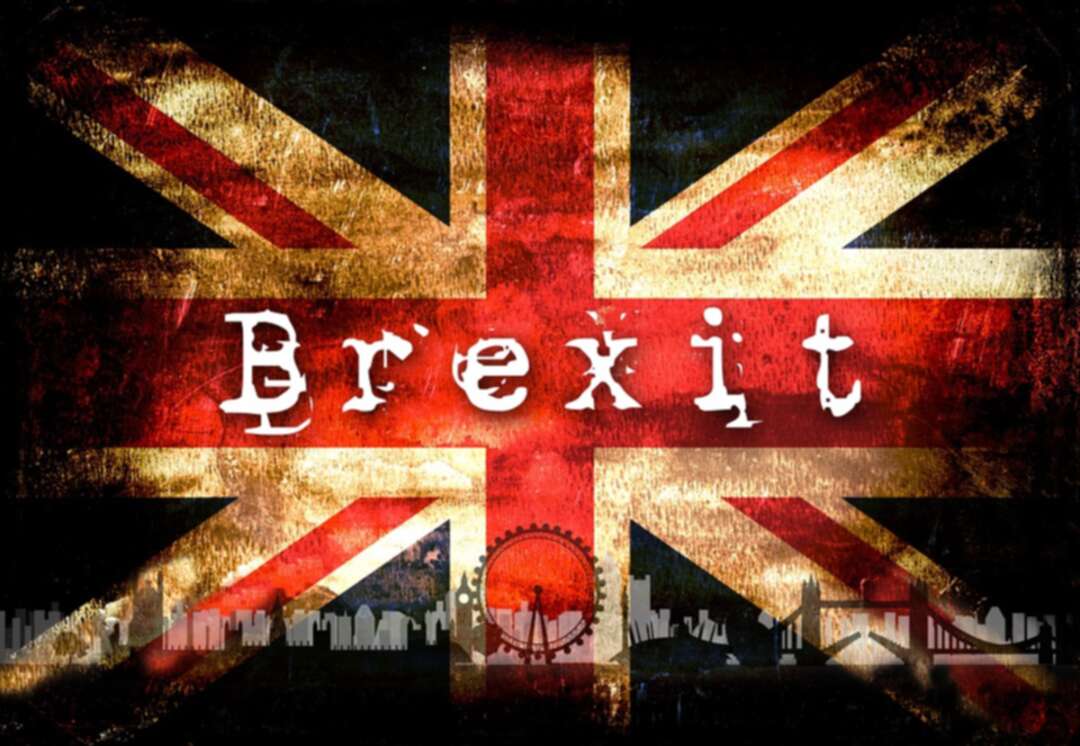-
Researchers say Brexit has added 6% to Britain's food bills

The Euronews reported, citing Reuters, researchers from the London School of Economics and other universities estimated on Wednesday (Apr 27) that extra trade barriers created by Britain’s exit from the European Union and subsequent trade agreement have added 6% to the cost of food.
The research compared price changes for food imported from the European Union with prices of food from further afield.
Food mostly imported from the EU, such as fresh pork, tomatoes and jam, saw bigger price rises than those such as tuna fish and pineapples which mostly come from elsewhere.
One of the researchers, Nikhil Datta, said: “This research demonstrates a clear and robust impact of Brexit-induced trade frictions increasing food prices for UK consumers during a time when the economy is already facing inflationary pressures from global sources."

According to official data, British consumer price inflation hit a 30-year high of 7% in March, and the cost of food is almost 10% higher than a year ago.
The research showed that the biggest spike in the price of food imported from the EU came in January 2021 after an 11-month post-Brexit transition period ended and a free trade agreement negotiated by Prime Minister Boris Johnson’s government came into force.
Northern Irish minister orders end to post-Brexit controls
While the trade agreement means there are no tariffs on goods moving between Britain and the EU, customs delays and food-safety checks have periodically led to lengthy delays for freight traffic at the port of Dover, the main link to France.
Customs paperwork is also required.
US became Britain’s biggest export market for financial services in run up to Brexit
The 6% rise in food prices that was attributable to increased trade barriers took place between late 2019 – just before Britain formally left the EU – and September 2021.
The study was based on comparing detailed item-by-item figures from Britain’s consumer prices index against separate data on trade flows, which the researchers said allowed them to disentangle any effects from the COVID-19 pandemic.
Researchers said that the research did not find an inflationary impact from Brexit on non-food imports. This probably reflected how perishable foodstuffs were more sensitive to delays.
Britain’s Brexit minister says EU needs to make significant change on Brexit
Jonathan Portes of UK in a Changing Europe, an academic body which supported the research, said: “While Brexit is not the main driver of rising inflation or the ‘cost of living’ crisis, this report provides clear evidence that it has led to a substantial increase in food prices, which will hit the poorest families hardest."
Source: euronews
You May Also Like
Popular Posts
Caricature
BENEFIT Sponsors BuildHer...
- April 23, 2025
BENEFIT, the Kingdom’s innovator and leading company in Fintech and electronic financial transactions service, has sponsored the BuildHer CityHack 2025 Hackathon, a two-day event spearheaded by the College of Engineering and Technology at the Royal University for Women (RUW).
Aimed at secondary school students, the event brought together a distinguished group of academic professionals and technology experts to mentor and inspire young participants.
More than 100 high school students from across the Kingdom of Bahrain took part in the hackathon, which featured an intensive programme of training workshops and hands-on sessions. These activities were tailored to enhance participants’ critical thinking, collaborative problem-solving, and team-building capabilities, while also encouraging the development of practical and sustainable solutions to contemporary challenges using modern technological tools.
BENEFIT’s Chief Executive Mr. Abdulwahed AlJanahi, commented: “Our support for this educational hackathon reflects our long-term strategic vision to nurture the talents of emerging national youth and empower the next generation of accomplished female leaders in technology. By fostering creativity and innovation, we aim to contribute meaningfully to Bahrain’s comprehensive development goals and align with the aspirations outlined in the Kingdom’s Vision 2030—an ambition in which BENEFIT plays a central role.”
Professor Riyadh Yousif Hamzah, President of the Royal University for Women, commented: “This initiative reflects our commitment to advancing women in STEM fields. We're cultivating a generation of creative, solution-driven female leaders who will drive national development. Our partnership with BENEFIT exemplifies the powerful synergy between academia and private sector in supporting educational innovation.”
Hanan Abdulla Hasan, Senior Manager, PR & Communication at BENEFIT, said: “We are honoured to collaborate with RUW in supporting this remarkable technology-focused event. It highlights our commitment to social responsibility, and our ongoing efforts to enhance the digital and innovation capabilities of young Bahraini women and foster their ability to harness technological tools in the service of a smarter, more sustainable future.”
For his part, Dr. Humam ElAgha, Acting Dean of the College of Engineering and Technology at the University, said: “BuildHer CityHack 2025 embodies our hands-on approach to education. By tackling real-world problems through creative thinking and sustainable solutions, we're preparing women to thrive in the knowledge economy – a cornerstone of the University's vision.”
opinion
Report
ads
Newsletter
Subscribe to our mailing list to get the new updates!






















